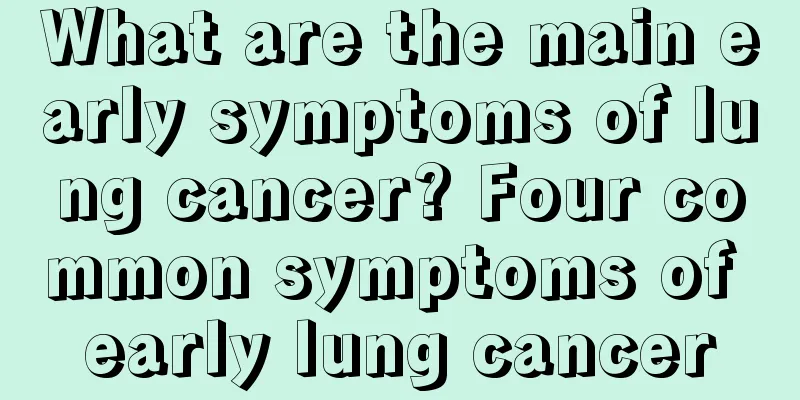The difference between onychomycosis and onychomycosis, experts tell you

|
Many people want to know the difference between onychomycosis and onychomycosis. In fact, onychomycosis is onychomycosis. There are many types of onychomycosis. Everyone should understand it and do a good job of preventing this disease. Be careful not to use the patient's slippers, towels and other items. Active treatment is required after infection with onychomycosis. 1. Proximal subungual onychomycosis: It is less common and most of them are secondary to paronychia. First, the nail plate turns white near the nail wrinkle (i.e. the proximal end of the nail plate), then gradually expands into spots, and finally part of the nail plate is lost and expands to the entire nail. This type is only caused by Trichophyton rubrum and Trichophyton rosea. 2. Distal subungual onychomycosis: The initial manifestation is irregular small white spots appearing on the distal (lateral edge) surface of the nail, which then turn into dull gray spots and gradually turn into yellow-brown and finally black. Soon the nail plate deteriorates, keratinous debris accumulates under the nail, and the nail bed thickens. Finally, the nail plate becomes atrophic and occasionally bleeds. This type is often caused by red, gypsum or floccosus Epidermophyton. 3. White superficial onychomycosis: commonly seen on fingernails and toenails. It manifests as white spots or white patches with a diameter of 1 mm on the surface of the nail plate. The diseased nails are brittle and will fall off if scraped off. This type is only caused by Trichophyton gypseum or Trichophyton, Fusarium and Aspergillus. 4. Onychomycosis caused by pan-onychia dystrophy: This is not common and is often the final development of the above types. The symptoms include the entire nail losing its luster, deteriorating, thickening or breaking, and leaving behind an abnormally thickened nail bed after falling off. 5. Chronic skin and mucous membrane candidal onychomycosis: symptoms include deterioration, swelling, brittleness of the entire nail, and a wart-like and uneven surface. 6. Chronic paronychia type onychomycosis: manifested by degeneration or browning of the lateral nail folds, proximal nail folds, and epidermal cuticle. The most important feature is the presence of paronychia, swelling of the periungual folds without subungual hyperkeratosis, and a small amount of exudate but never pus. This type is also mostly caused by Candida albicans. Onychomycosis is a contagious disease, so we must be aware of it. In addition, everyone needs to pay attention to the appearance of onychomycosis, and in daily life, we must also pay attention to avoid slippers, towels, and bath towels. This disease can be transmitted to other people, so you must usually put your things away. Don't ignore the impact of this disease, or think about the harmful consequences. It is indeed great, but everyone should treat this disease with the right attitude and treat it reasonably so that you can recover faster. Everyone needs to pay attention to conditioning at ordinary times. |
<<: What causes onychomycosis? Two common causes
>>: Can lymphoma be cured? Can malignant lymphoma be cured?
Recommend
Can advanced lung cancer be cured? What are the treatments for advanced lung cancer?
Lung cancer is also a very common disease in life...
Why do people get uremia?
Speaking of uremia, I believe everyone is familia...
What tea to drink for detoxification
Modern people are under great pressure in life. M...
What are the dangers of surgery for body odor
Summer is here, the weather is hot and people swe...
What are the diagnostic methods for prostate tumors
Prostate cancer is a disease that occurs mostly i...
It is very important to know the early symptoms of nasopharyngeal cancer
Generally speaking, nasopharyngeal carcinoma is a...
What are the effects of drinking leek seeds soaked in water on the body
Everyone is very familiar with leeks. It is a ver...
What's wrong with dizziness?
Nowadays, high work pressure, overtime and stayin...
What are the main methods for preventing hamartoma
Hamartoma is a terrible tumor disease. It is very...
The most important health care measures for nasopharyngeal carcinoma
The appearance of nasopharyngeal cancer is very c...
Where is the Achilles tendon
From the perspective of medical anatomy, the Achi...
Introduction to the treatment of gastric stones
Many people around us have suffered from stomach ...
What's the matter with occasional dry cough
Disease is a very common situation in people'...
Grease on the chin
If the skin produces too much oil, it will clog t...
Who is likely to have peach blossom eyes?
The eyes are the windows to the soul, which shows...









